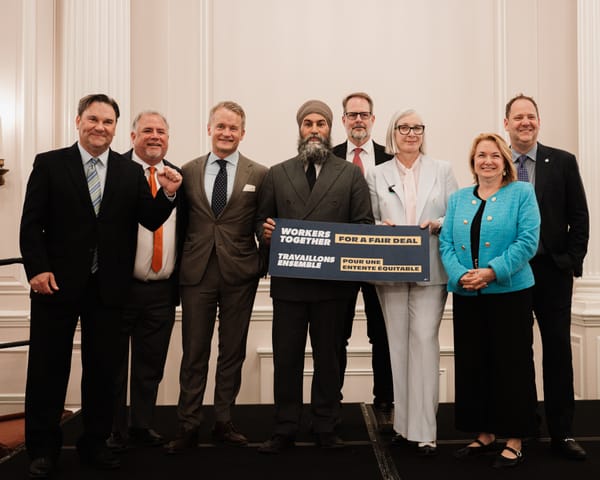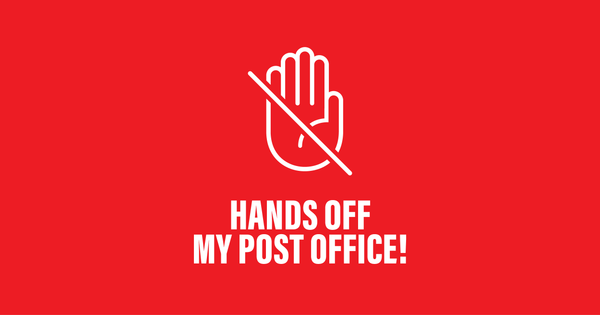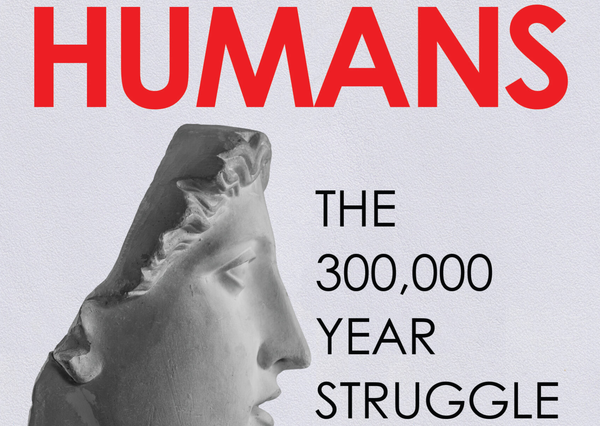
Last week, Ontario Premier Doug Ford’s Conservative Government announced the creation of the “Ontario Workforce Recovery Advisory Committee.” So far the new committee has received little commentary or coverage, but it appears to be an outgrowth of the “Ontario Jobs and Recovery Committee,” which was created as part of the 2021 provincial budget.
Whenever Conservatives announce the creation of any “committee” to study labour laws, we should be on high alert. Conservatives don’t “review” labour laws and regulations to improve the lives of working people.
In all likelihood, the Conservatives are using the labour market disruptions brought about by the pandemic — heightened and persistent unemployment, growing numbers of people working from home, the spread of app-based work — to consider further “reforms” (read, erosions) of employment protections.
Couched in the now well-worn language of “the future of work,” the Committee is set to consider ways to “lead economic recovery through workforce development and new approaches to employment policy.”
The Conservative War On Labour
This new committee could be the next swing of the sledgehammer that the Ontario government has already taken to labour and employment law over the past three years.
Upon entering office in June 2018, the Conservatives immediately repealed many of the minor reforms that former Premier Kathleen Wynne’s Liberal government had enacted.
The ridiculously named, “Making Ontario Open for Business Act, 2018” (Bill 47), cancelled the scheduled $15/hour minimum wage increase, removed workers’ access to two paid sick days per year and ended pay equity provisions put in place to protect part-time and casual employees, among other “reforms.”
Further signalling the plan to ignore workers’ rights to employers, the Conservatives also nixed a plan to hire an additional 100 employment standards officers at the Ontario Ministry of Labour, whose task it is to enforce the province’s Employment Standards Act by investigating complaints filed by workers and inspecting employers to ensure compliance with basic employment laws. Wage theft, unpaid overtime and holiday pay, and other violations to minimum employment standards laws remain rampant in the province.
In a further attack on public sector workers that year, the Conservatives enacted Bill 124 or the “Protecting a Sustainable Public Sector for Future Generations Act.” This piece of legislation, which the government claims was aimed at “protecting” the public sector from overburdensome cost increases, undermined public sector unions’ right to free collective bargaining. The legislation limits salary, benefit and pension increases to no more than 1 per cent a year during the imposed three-year “moderation periods.”
The Bill is a clear violation of the Charter of Rights and Freedoms, which, since 2015 at least, ostensibly protects the right of workers to meaningful collective bargaining. A coalition of unions, led by the Ontario Federation of Labour, have filed a constitutional challenge to the legislation, but it remains in place — without the kind of organized, militant opposition from the labour movement that the law deserves.
The Committee’s Dangers
Of course, when it comes to “business-friendly” attacks on workers, Conservatives are never sated.
A central objective of the new Committee seems to be to satisfy the desires of tech companies by ensuring that the current model of lax regulations continues, perhaps with minor changes. As I discussed in an earlier Class Struggle newsletter, Uber has already been lobbying and propagandizing in Ontario, hoping to achieve a legislative variation on California’s Proposition 22.
Tech companies want to guarantee that their app-based workers remain “independent contractors” and are prevented from accessing the rights and protections associated with formal employment status. Whatever overtures the Committee makes to “supporting workers,” I don’t doubt that the central objective is maintaining the tech bosses “flexibility” by continuing to deny workers employment protections, such as the minimum wage, vacation and holiday pay, working time regulations, and, most importantly, the ability to form or join independent trade unions and collectively bargain.
The current Minister of Labour, Monte McNaughton, outlined the Committee’s scope and plans in the National Post. McNaughton — a long-time proponent of privatizing public services who once referred to the LCBO as a “communist-style liquor system” — claims the Committee will look to improve training and skills programs, “ensure our labour and employment policies reflect the rise of knowledge and technology sectors in a world where work is increasingly global and remote,” and “protect and support” app-based and digital platform workers.
However, the Committee’s overwhelming emphasis on increasing “competitiveness” and attracting investment should put any purported concern about “protecting” workers to rest. Where business competitiveness and workers’ rights collide, Conservative politicians invariably defer to the former.
Committee Composition
Moreover, the composition of the Committee doesn’t exactly put one’s fears and reservations at ease. For starters, there’s not a single union leader, labour advocate or workers’ representative on the seven-member panel. McNaughton suggests that they will “consult” labour. But this will probably look something like when Yanis Varoufakis, Greek’s former finance minister, described making Keynesian economic arguments to the European Central Bank: “I might as well have sung the Swedish national anthem.”
The Committee is set to be chaired by Conservative Party insider, Susan McArthur. What expertise she might have that is relevant to a committee tasked with reviewing labour and employment policy isn’t clear. McArthur is currently a board member of Great-West Life Insurance Company and IGM Financial, according to her LinkedIn, and has other long standing connections to the finance and insurance industry. Enough said.
Mark Quail, a lawyer in “entertainment and technology-related matters,” is also on the panel. Seemingly a specialist in issues related to copyright and other intellectual property, Quail appears as an odd choice given the Committee’s scope.
Kathryn Marshall, another member, at least has a background in employment law. She is an employment lawyer who seems to specialize in wrongful termination cases. However, she also appears to be a small business advocate who recently wrote a piece for the National Post criticizing the Liberals’ wage subsidies and other pandemic business supports, not because they have largely been handouts to otherwise profitable and cash-flush corporations, but because they exclude small businesses who often employ contractors to “offer the flexibility that a lot of workers crave these days.” Is this the expertise and perspective Marshall brings to a committee reviewing employment policy and making recommendations on “the future of work?”
Next we have Rohinton P. Medhora, economist of international trade and development, and current president of the Centre for International Governance Innovation. Medhora, along with Vasiliki Bednar, the executive director of McMaster University’s Master of Public Policy in Digital Society, and Sean Speer, assistant professor in public policy at the University of Toronto’s Munk School of Global Affairs and Public Policy, are the academic experts on the committee.
Bednar’s research on youth, employment and technology might bring a sympathetic angle to the committee’s work. Speer, on the other hand, appears to be a conservative of the new “worker-friendly” populist variety, on which I have written about before in Class Struggle.
In May, Speer wrote a piece of ‘conservative political strategy’ on how a caucus of “Millennial Conservatives” might push for policies to address delayed family formation brought on by student debt, precarious work and a lack of affordable housing. You might have guessed his recommendations weren’t tuition-free higher education, strengthening unions and building more public housing.
Rounding out the committee is Mark Beckles, vice president of social impact and innovation with RBC Corporate Citizenship. RBC, like most larger corporations and banks now, has an arm devoted to “Community and Social Impact,” which supposedly balances environmental and social concerns with financial considerations. The objective of these initiatives, I guess, is to convince people that a system built on endless growth and profit accumulation is somehow reconcilable with a socially just and economically humane world. Do people actually believe this stuff?
These are the people who are about to review and make recommendations for change to employment and labour policy in Ontario. No unions. No workers. No labour advocates. Not that we should expect any different from this Conservative Government.
Socialists and the labour movement need to keep a watchful eye on this Committee, as well as the direction of the Ford government’s post-pandemic economic agenda. How depressing that the most we can hope for right now is that they don’t make work and employment too much worse.






